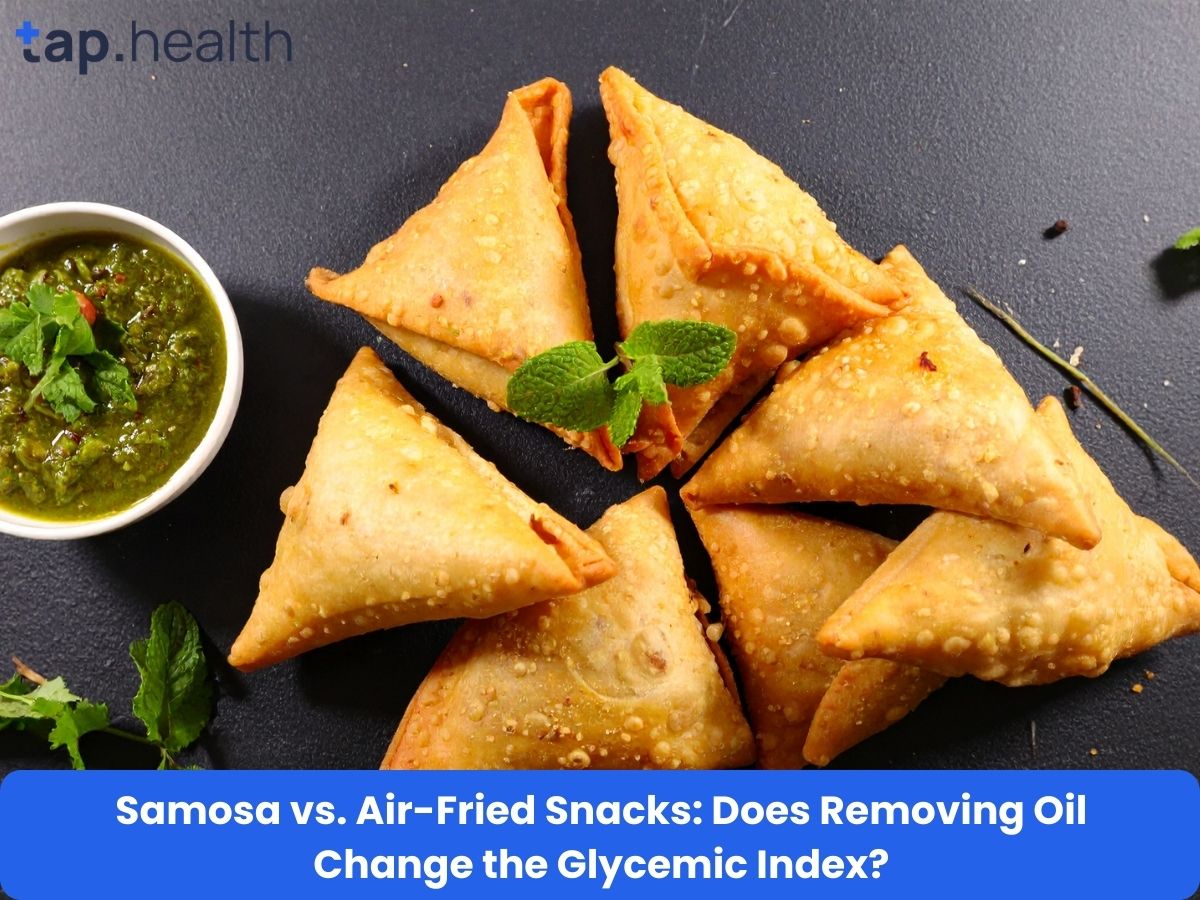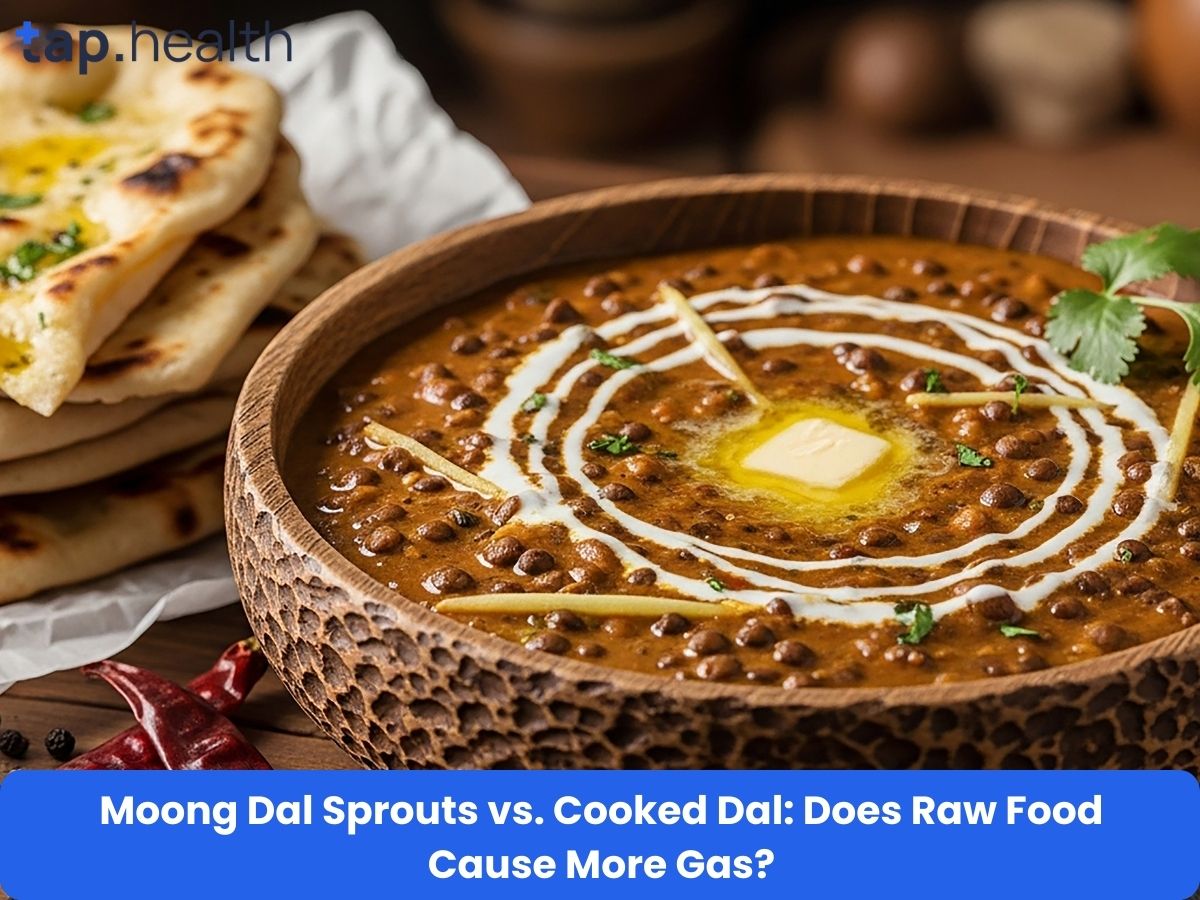Table of Contents
- Pancreas Transplant Surgery: A Step-by-Step Guide
- Life After Pancreas Transplant: Recovery and Long-Term Care
- Preparing for a Pancreas Transplant: What to Expect
- Pancreas Transplant Success Rates & Risks: Understanding the Procedure
- Finding the Right Pancreas Transplant Center: Your Comprehensive Guide
- Frequently Asked Questions
- References
Living with pancreatic disease can be incredibly challenging, but advancements in medical technology offer hope. If you’re facing a diagnosis requiring consideration of a major procedure, understanding your options is crucial. That’s why we’ve created this Pancreas Transplant: A Comprehensive Guide to Procedure, Recovery, and Long-Term Care. This guide will walk you through the intricacies of pancreas transplantation, from the initial evaluation and surgical process to the long-term management and lifestyle adjustments. We’ll cover everything you need to know to make informed decisions and navigate this complex journey. Let’s explore the possibilities together.
Pancreas Transplant Surgery: A Step-by-Step Guide
Pre-Operative Phase:
The journey to a pancreas transplant begins with a thorough evaluation. Doctors assess your overall health, focusing on factors like diabetes management and kidney function. This is crucial, especially given the high prevalence of kidney complications in diabetic patients; nearly 30% develop diabetic nephropathy. A comprehensive assessment ensures you’re a suitable candidate for the procedure. In India and tropical countries, pre-operative care often incorporates traditional practices alongside modern medicine, focusing on holistic well-being. This might involve dietary adjustments and stress management techniques.
Surgical Procedure:
The pancreas transplant itself is a complex major surgery. The procedure involves removing the diseased pancreas and replacing it with a healthy donor pancreas. The surgeon carefully connects the blood vessels and ducts to ensure proper function. Post-operative monitoring is intensive, with a focus on infection prevention – a critical aspect in tropical climates.
Post-Operative Recovery:
Recovery is a gradual process. Patients remain hospitalized for several weeks, undergoing close medical supervision. Immunosuppressant medications are essential to prevent organ rejection, a significant risk following transplantation. The recovery period might vary based on individual health, access to advanced healthcare facilities, and post-operative care practices, which differ significantly across various regions in India and tropical countries.
Long-Term Care:
Long-term management involves strict adherence to medication regimens, regular check-ups, and lifestyle adjustments. Maintaining good blood sugar levels and adopting a healthy diet is vital for long-term success. Access to ongoing support and specialized care is crucial, especially given the higher prevalence of diabetes-related complications in these regions. Regular monitoring of kidney function is essential to prevent or manage diabetic nephropathy, a significant concern for transplant recipients. Understanding the potential for Is Pancreatic Cancer Curable? Expert Insights is also important, as pancreatic issues can be complex.
Finding Specialized Care in India and Tropical Countries:
To find the best pancreas transplant centers in your region, we advise reaching out to leading hospitals specializing in transplant surgery. Consult with your doctor to determine the best treatment path. Early intervention is key, improving the chances of a successful outcome. It’s also vital to be aware of the symptoms; for more information, see our guide on Pancreatic Cancer Symptoms Guide for Patients.
Life After Pancreas Transplant: Recovery and Long-Term Care
The dramatic rise in diabetes cases, from 200 million in 1990 to 830 million in 2022, highlights the growing need for advanced treatments like pancreas transplantation. Successfully undergoing this complex procedure is just the first step; long-term recovery and ongoing care are crucial for a positive outcome, particularly in the context of Indian and tropical climates.
Immediate Post-Operative Recovery
The initial recovery period involves close monitoring for infection and rejection. Managing pain and ensuring adequate nutrition are paramount. In tropical climates, maintaining proper hydration becomes especially critical due to increased perspiration and the risk of dehydration. Regular blood tests are essential to monitor medication levels and organ function. Patients should closely follow their doctor’s instructions regarding medication, diet, and activity levels.
Long-Term Care and Management
Long-term care focuses on preventing organ rejection and managing potential complications. This includes adherence to an immunosuppressant regimen, which significantly increases susceptibility to infections, a particular concern in regions with high infection rates. Regular check-ups with the transplant team are essential. Lifestyle modifications, including a balanced diet and regular exercise, are crucial for long-term health. Access to reliable healthcare and affordable medication is vital, posing a significant challenge for some in developing countries. Understanding the potential long-term implications, such as the possibility of Life Expectancy After Acute Pancreatitis, can help patients and their families prepare for the future.
Living Well After a Pancreas Transplant in Tropical Climates
Life after a pancreas transplant requires dedication and consistent proactive healthcare management. In Indian and tropical countries, it’s crucial to be extra vigilant about infections, dehydration, and managing the side effects of immunosuppressants. Seek support from transplant support groups, which provide valuable information and peer support. Open communication with your healthcare team is crucial for early detection and management of any complications. Regular follow-up appointments and adherence to the prescribed medication regime are vital steps toward a successful and fulfilling life after a pancreas transplant. While rare, it’s important to be aware of the potential severity of pancreatitis; consider reading more about Can You Die from Pancreatitis?.
Preparing for a Pancreas Transplant: What to Expect
The decision to undergo a pancreas transplant is a significant one, especially considering the high prevalence of poorly controlled diabetes in India and other tropical countries. Over 30% of diabetic patients in these regions report HbA1c levels above 9%, highlighting the urgent need for effective management and, in some cases, transplantation. Preparing for this complex procedure requires careful planning and understanding of what lies ahead.
Pre-transplant Evaluation and Assessments
Before even considering a transplant, you will undergo a thorough evaluation process. This involves extensive medical tests, including blood work, imaging scans (like CT scans and MRIs), and assessments of your overall health. Your physician will evaluate your suitability based on factors such as your age, overall health, and the severity of your diabetes. This is crucial because a successful transplant relies on a strong immune system and the ability to manage post-operative risks. Specific considerations for individuals in tropical climates might include assessment for infections prevalent in the region.
Lifestyle Modifications and Medication Adjustments
In the period leading up to the transplant, you’ll likely need to make significant lifestyle changes. This might include dietary adjustments to optimize blood sugar control and reduce the burden on your body. Your medication regimen will also likely be adjusted to prepare you for the procedure and minimize complications. Close adherence to your doctor’s instructions during this period is essential for maximizing the success of your transplant. This includes maintaining excellent hygiene practices, vital for preventing infections, especially in warmer climates. Understanding the potential complications, such as Acute Pancreatitis, is also crucial during this phase.
Emotional and Psychological Preparation
Undergoing a major surgery like a pancreas transplant is emotionally demanding. Seeking support from family, friends, and support groups is crucial. Open communication with your medical team about your concerns and anxieties will help you navigate this challenging time. Remember, preparing mentally and emotionally is just as critical as the physical preparations. Access to support networks and mental health services should be actively pursued in the lead-up to and throughout the transplant process. A strong support system can significantly improve your overall well-being and recovery. It’s also important to be aware of the symptoms of pancreatitis, as this condition can sometimes be related to pancreatic issues. Learning about 10 Pancreatitis Symptoms can help you be more prepared and aware of potential complications.
Pancreas Transplant Success Rates & Risks: Understanding the Procedure
Understanding the Need for a Pancreas Transplant
A pancreas transplant is a major surgical procedure considered for individuals with severe diabetes, particularly those with type 1 diabetes and complications like kidney failure. The staggering statistic that 50% of diabetes cases worldwide are undiagnosed, as highlighted by the International Diabetes Federation, underscores the significant global health challenge. In Indian and tropical countries, where diabetes prevalence is high, access to timely diagnosis and treatment, including options like pancreas transplantation, remains a crucial concern. This procedure offers the potential to manage blood sugar levels and improve overall health, but it’s critical to understand the success rates and associated risks.
Success Rates and Associated Risks
Pancreas transplant success rates vary depending on factors like the recipient’s overall health, the type of transplant (simultaneous kidney-pancreas or pancreas alone), and the quality of post-operative care. While the procedure can significantly improve quality of life and potentially eliminate the need for insulin injections, risks include surgical complications, organ rejection, and infection. These risks are particularly important to consider in the context of resource limitations and varying healthcare infrastructure across different regions in India and tropical countries. Thorough pre-operative assessment and careful post-operative management are crucial for maximizing the chances of success and minimizing complications. Understanding these risks is crucial, and it’s important to note that conditions like pancreatitis can sometimes necessitate such procedures. For information on pancreatitis, you might find our article on What is the nursing diagnosis for pancreatitis? helpful.
Long-Term Considerations in Tropical Climates
Long-term care following a pancreas transplant involves medication to prevent organ rejection, regular monitoring of blood sugar levels, and adherence to a healthy lifestyle. In tropical climates, factors like heat, humidity, and infectious disease prevalence require special attention in post-operative care planning. Access to consistent, high-quality medical care and strong patient education are vital for successful long-term management. This highlights the need for improved healthcare infrastructure and increased awareness about the procedure and its implications in these regions. While this article focuses on traditional medical approaches, it’s worth noting that alternative treatments exist. For example, you can learn more about Pancreatitis Treatment in Homeopathy if you are interested in exploring such options.
Finding the Right Pancreas Transplant Center: Your Comprehensive Guide
Navigating the Complexities of Pancreas Transplant Care in India and Tropical Countries
Choosing the right pancreas transplant center is crucial for a successful outcome, especially in regions like India and tropical countries where specific challenges exist. Factors like climate, access to specialized post-operative care, and the prevalence of certain infections need careful consideration. Your HbA1c levels, as indicated by your blood test results, are a significant factor in determining your candidacy for a transplant. Remember, levels below 5.7% are considered normal, while higher levels may influence the timing and suitability of the procedure. Conditions like Chronic pancreatitis can also impact transplant eligibility, so it’s crucial to discuss your medical history thoroughly with your physician.
Key Considerations for Indian and Tropical Regions
When researching centers, prioritize those with proven experience in managing post-transplant complications common in these regions. This includes expertise in infectious disease management and access to advanced diagnostic tools. The center’s infrastructure and the availability of specialized medications are also vital. Consider factors like the center’s proximity to your home, ensuring convenient access for regular follow-up appointments and potentially reducing travel-related stress during recovery.
Making an Informed Decision
Thoroughly investigate the center’s success rates, specifically focusing on long-term survival rates and the incidence of post-transplant complications. Don’t hesitate to ask questions about their protocols for managing diabetes, infections, and other potential issues. Consult with your physician to discuss your options and identify the best transplant center tailored to your specific needs and the unique challenges of your geographic location. Choosing wisely is the first step towards a successful pancreas transplant and a healthier future. While a pancreas transplant is a major procedure, understanding the process is key. For those considering other complex surgical interventions, our guide on Navigating Bypass and Open Heart Surgery may offer helpful insights into the decision-making process involved in major surgeries.
Frequently Asked Questions on Pancreas Transplant
Q1. What is a pancreas transplant and who needs one?
A pancreas transplant is a complex surgery to replace a diseased pancreas with a healthy one from a donor. It’s typically considered for people with severe diabetes who also have kidney problems, or those with severe complications from diabetes.
Q2. What is involved in the pancreas transplant process?
The process includes pre-transplant evaluation of your health and diabetes management, the surgery itself which involves connecting blood vessels and ducts, post-operative recovery in the hospital with medication to prevent organ rejection, and long-term care including regular check-ups and medication.
Q3. What are the risks and challenges associated with a pancreas transplant?
Pancreas transplants carry risks such as organ rejection (reduced by immunosuppressant drugs), infections (especially in tropical climates), and complications related to diabetes and kidney function. Long-term medication adherence is crucial.
Q4. How do I choose the right transplant center?
Choosing a transplant center requires careful consideration. Look for centers with extensive experience in pancreas transplants, especially in managing tropical-related complications. Access to good post-operative care and support networks is also vital.
Q5. What is the long-term care like after a pancreas transplant?
Long-term care involves taking immunosuppressant medication to prevent rejection, regular check-ups to monitor for complications, lifestyle adjustments to support your health, and ongoing management of diabetes and potential kidney issues.
References
- A Practical Guide to Integrated Type 2 Diabetes Care: https://www.hse.ie/eng/services/list/2/primarycare/east-coast-diabetes-service/management-of-type-2-diabetes/diabetes-and-pregnancy/icgp-guide-to-integrated-type-2.pdf
- Diagnosis and Management of Type 2 Diabetes: https://apps.who.int/iris/rest/bitstreams/1274478/retrieve



